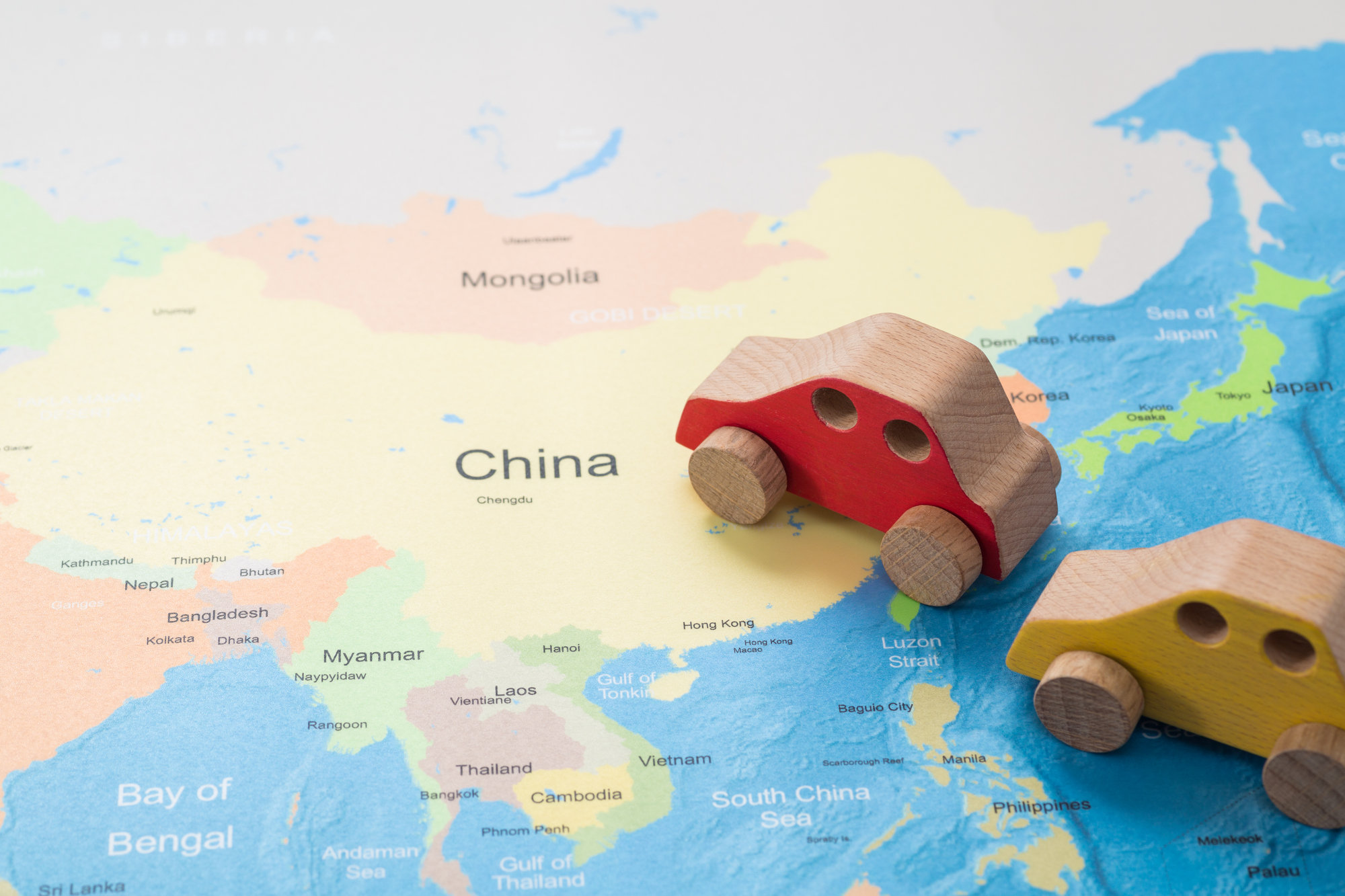2012/11/06
No. 164: Masashi Nishihara, "Japan Should Stand Firm on the Senkaku Islands Dispute"
[PDF version]
China's Claims Are Contradictory
China's reactions to the Japanese government's decision on September 11 to buy the Senkaku (Diaoyu in Chinese) Islands reveal both China's political frustrations and the expansion of its navy. On September 27 Chinese Foreign Minister Yang Jiechi stated at the UN General Assembly that the islands have been a part of China since ancient times and that Japan stole them in 1895 after the Sino-Japanese War. These claims, however, are contradictory, and Japan should make certain that the international community correctly understands the nature of the issue.
Territorial claims, in this case, should be based on international law, not an assertion on historical grounds. Japan decided to own the Senkaku Islands on January 14, 1895, after it learned through careful investigation that they were no man's islands. International Law justifies such a decision by the Japanese government. The decision was made three months earlier than the Treaty of Shimonoseki, which was signed on April 17 the same year. Japan, therefore, did not "steal" the islands through this treaty, as China claims. It is a fact that China never contested Japan's decision until as late as 1971.
Furthermore, China's argument that the islands have belonged to China since ancient times is weak, as there is much evidence showing that it recognized the Senkakus as Japanese territory until 1971. For instance, on May 20, 1920, the foreign office of the Republic of China sent a letter of thanks to the head of Ishigaki Village in Okinawa for "rescuing our fishermen stranded in a heavy storm near the Senkakus, Yaejima County, Okinawa Prefecture." The People's Daily of January 8, 1953, reported "anti-U.S. occupation movements in the Ryukyu islands" (referring to the Okinawa island chain) by describing them "as consisting of six sets of small islands, including the Senkakus."
Clearly, China made its new claims only after a UN report suggested the possibility of oil resources in the seabed around the Senkakus. The Chinese leaders' arguments thus are weak and are deceiving their own people and the world.
If, however, the Chinese do want to use "historical grounds" as the basis for their claim, they then should grant independence to Xinjiang and Tibet, which they annexed in 1949 and 1950, respectively.
The Senkakus Are Vital to the Security of the Western Pacific
The Senkakus are important not so much for oil and fishing resources as for regional security. If China took control of the Senkakus, it probably would build military structures on them, such as radar installations and helicopter ports, as it has done on the Paracel and Spratly Islands in the South China Sea. This would enable China to gather intelligence on the activities of Japanese and American forces in Okinawa and the Sakishima Islands close to Taiwan and the Senkakus. Indeed, the Senkakus are only 420 kilometers (about 233 miles) away from the main U.S. bases in Okinawa. Chinese control of the Senkakus would thus pose a serious security threat to the region.
Chinese control of the Senkakus also would weaken Japan's front line of defense. In addition, the Strait of Taiwan is important to the United States in its defense of Taiwan. Consequently, the southwest islands chain is critical to both China and the Japanese-U.S. alliance, and whether the Japanese are able to continue to control the Senkakus will affect the security of the Western Pacific region.
The Chinese navy's activities take the form of creeping expansionism. Recently, seven ships in its North Sea Fleet entered the Western Pacific following their usual course through the international strait between the main island of Okinawa and Miyakojima but returned through the contiguous zone (the 12-mile zone adjoining Japan's 12-mile territorial waters) between the Sakishima Islands, Japan's southwestmost territory (i.e., the zone between Iriomotejima and Yonagunijima). Except for the zone around the Senkakus, this was the first time that Chinese naval ships entered the contiguous zone of Japan's southwest islands. Sailing between Japanese islands is another one of China's provocative and unfriendly acts.
China's tactics obviously are intended to intimidate, by bringing its naval force closer to its territory, in the hope that Japan will surrender. China dispatches coast guard ships, surveillance ships, and fishing boats, all of which frequently violate the islands' territorial waters. Besides, it also sends naval ships, although they stay outside of their contiguous zone. By contrast, Japan deploys only coast guard ships to patrol the areas and presses Chinese ships to steer clear of them, hoping that its self-restraint will help stabilize Tokyo-Beijing relations. Japan should not provoke China, but it should stand firm on the issue.
In addition, China is frustrated by the endurance of Japanese-U.S. relations. Indeed, in the last few years U.S. government officials have repeatedly stressed that its security treaty with Japan extends to the defense of the Senkakus. Nonetheless, China is hoping that it can drive a wedge between Tokyo and Washington.
After November 8 Xi Jinping will become China's new leader, and the speculation is that he will be tougher on Japan than his predecessor, Hu Jintao, has been. Indeed, China believes that Japan will capitulate under its pressure. But the Japanese government should stand firm against China's unreasonable claims and should invite Beijing to join it in an appeal to the International Court of Justice for a legal settlement of the islands.
Dr. Masashi Nishihara is the President of the Research Institute for Peace and Security (RIPS).
The views expressed in this piece are the author's own and should not be attributed to The Association of Japanese Institutes of Strategic Studies.





